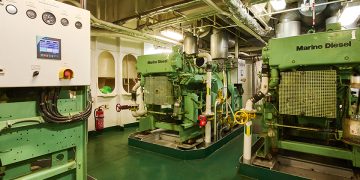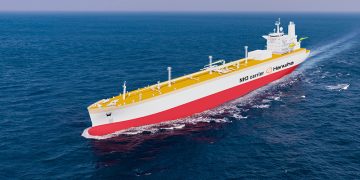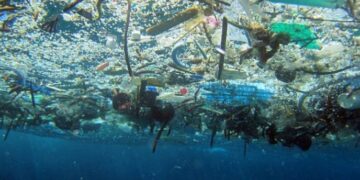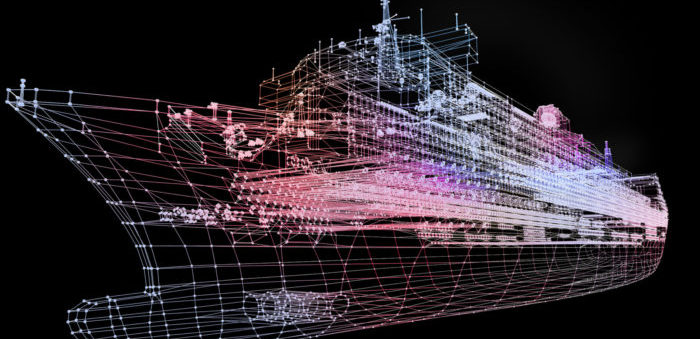The Maritime Police Agency of South Korea announced that it will establish a ‘Ship Traffic Control Technology Development Team’ to prevent drunk traffic accidents in the sea by using big data and artificial intelligence technology.
In the past five years, 567 cases of maritime traffic accidents have been caught and 69 cases of accidents have taken place, and drunk traffic continues to occur despite the strengthening of the standards for punishment under the Maritime Safety Act.
In February of last year, an accident involving a ship crashing in Busan’s Gwangan Bridge was found to be caused by drunk driving, causing damage to citizens, such as repair of Gwangan Bridge, etc.
Because of the nature of the ship operating in the open sea, the Maritime Police Agency says that it is impossible to apply an enforcement method such as automobile breathalyzer, and it is realistically difficult to screen out the drunk operation only with simple radar information collected at the control center.
In order to solve this problem, the newly established ship traffic control technology development team will build big data with ship tracks collected in the VTS system, and artificial intelligence analyzes. This will detects patterns, speeding, and route departures that appear in drunk flights such as zigzag navigation.
When the system is developed, information on drunk operation, speeding, and route departure will be provided to the controller in real time, and after confirmation by the controller, notification will be made to the general situation room, trap, etc. of the jurisdiction, and on-site enforcement will be conducted.
An official from the National Maritime Police Agency stated:
We will do our best to protect the lives and safety of the people on the sea by successfully completing the development of an automatic detection system for drinking and drinking































































